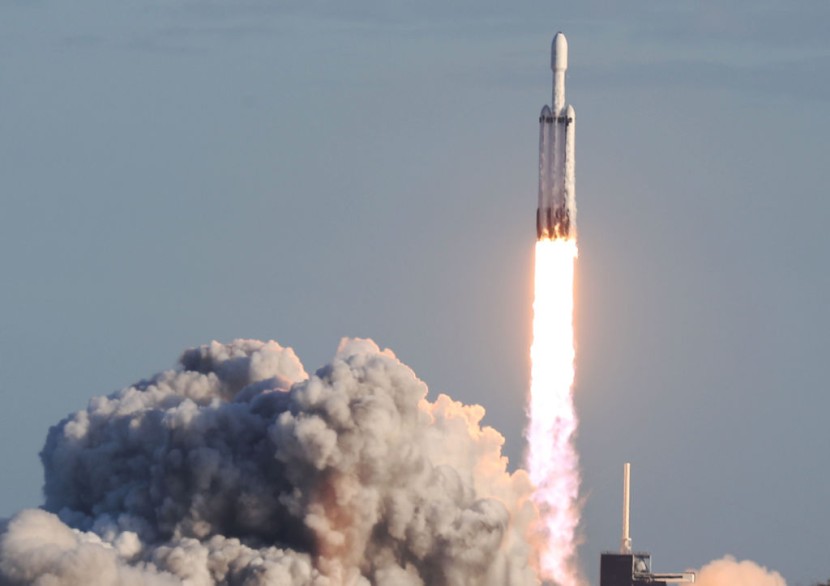
In the event of a passenger or crew member's death or injury, Florida has enacted a statute safeguarding prominent owners of space companies from legal litigation. According to the legislation, before entering a spacecraft, passengers must sign a release indicating they are aware of the potential dangers involved.
In a Business Insider report, the measure provides that if a person is hurt or killed while participating in a spaceflight activity brought by a spaceflight company, the firm is not responsible under Florida law because of the inherent dangers associated with aerospace activities.
The law "has the potential to limit the cost of litigation to businesses engaging in spaceflight activities," according to a senate report. This means that companies like Elon Musk's SpaceX and Jeff Bezos' Blue Origin stand to benefit.
The Spaceflight Liability
Republican Senator Tom Wright, the legislation's author, told Florida Politics that the law was revised to account for "the evolution of spaceflight." The House and Senate unanimously approved the Spaceflight Entity Liability bill, sending it to Governor Ron DeSantis.
"Astronauts are no longer government astronauts. These are commercial crew," Republican Representative Tyler Sirois remarked at a March 9 hearing.
Space travel is still "an extraordinarily dangerous condition," according to the Senate's review of the new measure, and passengers should be aware of and prepared for potential risks before boarding a spacecraft.
According to the Florida Aerospace and Spaceport Development Authority, the space sector brings in $17.7 billion annually for the state's economy, giving Florida's legislators every reason to safeguard it.
Florida is home to both SpaceX and Blue Origin's principal launch sites. At a hearing on March 26, a lobbyist for SpaceX, Jeff Sharkey, spoke in favor of the measure.
The measure does not, however, relieve space businesses of all accountability. In the instance of gross negligence, where the firm either knew or should have known of potentially hazardous situations, or when the corporation intended to injure or kill a crew member, the company is still held accountable.
Mark Sundahl, director of Cleveland State University's Global Space Law Center, told Gizmodo in an email that the law would be hard to uphold in court, even in a scenario of carelessness.
He noted that the waiver is conditional on the existence of informed consent. If a passenger has no background in space travel, they may not be adequately "informed" of the dangers involved.
Also Read : James Webb Space Telescope Makes Rare Discovery of Water Surrounding Comet in Main Asteroid Belt
Space Tourism Boom
In response to a surge in private-sector space tourism, this law has been introduced. Many wealthy citizens are paying to ride rockets to travel to space.
Sundahl, quoted by Gizmodo, expressed concern that the estates of ultra-wealthy passengers would file large claims for hundreds of millions of dollars in lost income as a result of the passenger's premature death.
He warned that the industry "is still in its early days and such liability might stunt the industry."
Also Read : NASA's Lunar Flashlight Mission Comes to an End
© 2026 HNGN, All rights reserved. Do not reproduce without permission.








